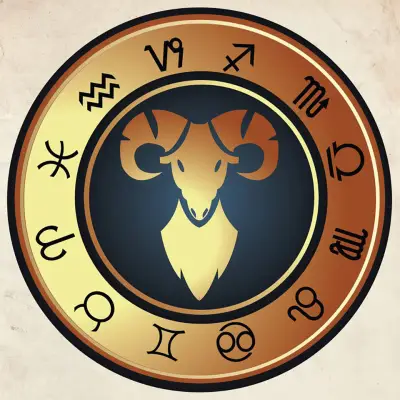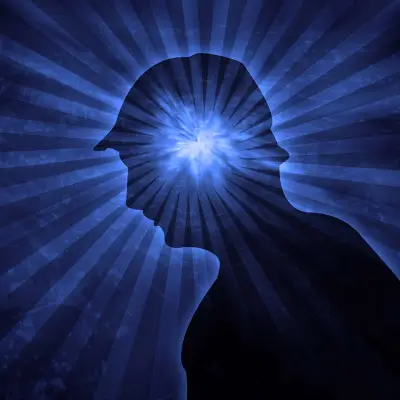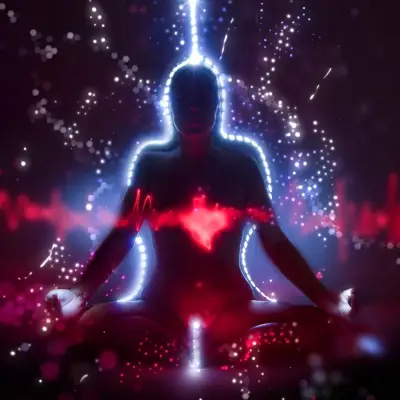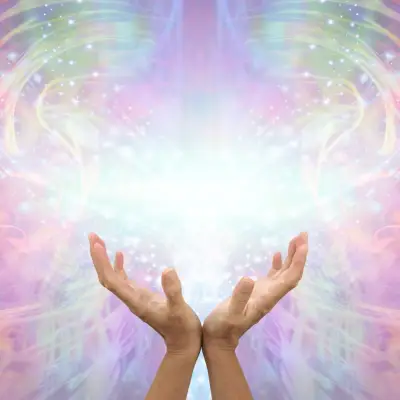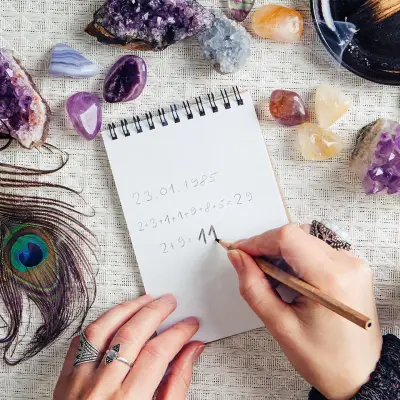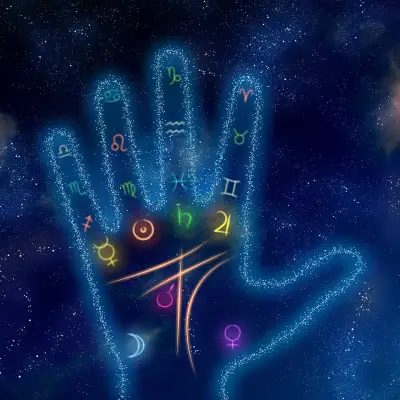If you’ve ever found yourself tossing and turning on a full moon night, you’re not alone. Many people experience changes in their sleep patterns or vivid, sometimes unsettling, dreams around different lunar phases. But how does the moon affect human sleep, and is there any science behind these experiences? Let’s explore how the moon might be influencing your nights.
Jump to:
Recommended for you!
Best SellersWhy is the Moon Associated with Dreams?
The moon has always been connected to dreams and the subconscious mind. In various mythologies, the moon is linked to intuition, reflection, and hidden truths, making it a powerful symbol in the world of dreams. The shifting lunar phases may influence the themes and emotions present in your dreams, giving rise to both delightful and haunting visions.
Some believe that the moon’s cycles guide us through different emotional journeys, with the full moon bringing things to the surface and the new moon encouraging introspection.
The Moon’s Influence on Sleep Patterns
The moon’s cycle, lasting about 29.5 days, includes several distinct phases: the new moon, waxing moon, full moon, and waning moon. Each phase is believed to have a unique impact on sleep and dreams. Let’s break down how each phase might influence your nights.
The New Moon and Sleep
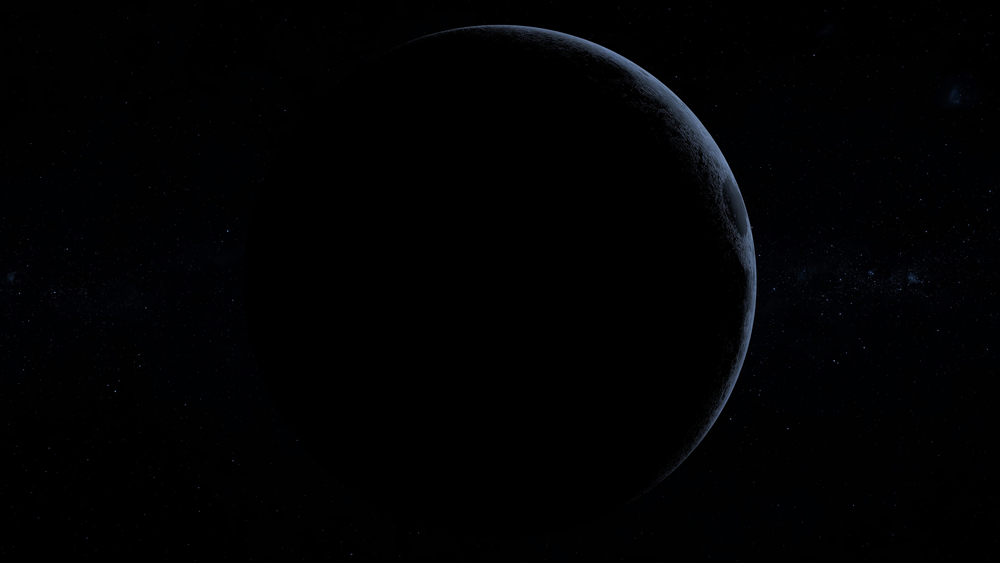
The new moon marks the beginning of the lunar cycle. During this phase, the sky is darkest, and the moon isn’t visible from Earth. The absence of moonlight may have a calming effect, but many people report struggling with sleep during this time.
- Sleep Quality: Some people find it harder to fall asleep or may experience disturbed sleep patterns. The new moon is often associated with a sense of anticipation, which could lead to restlessness. Your mind might be preoccupied with new beginnings, making it challenging to unwind.
- Dreams: Dreams during the new moon are often introspective and focused on self-discovery. You may find that your subconscious is working through plans or goals, which could make dreams feel more thoughtful or reflective.
Why do I sleep poorly on the new moon?
Sleeping poorly on the new moon can be linked to feelings of anticipation or new beginnings. The new moon is often associated with starting fresh, which can create a sense of restlessness or excitement that interferes with sleep. The lack of moonlight might also make it harder for some people to maintain a regular sleep-wake cycle, as the body’s natural cues from light are reduced.
The Waxing Moon and Sleep
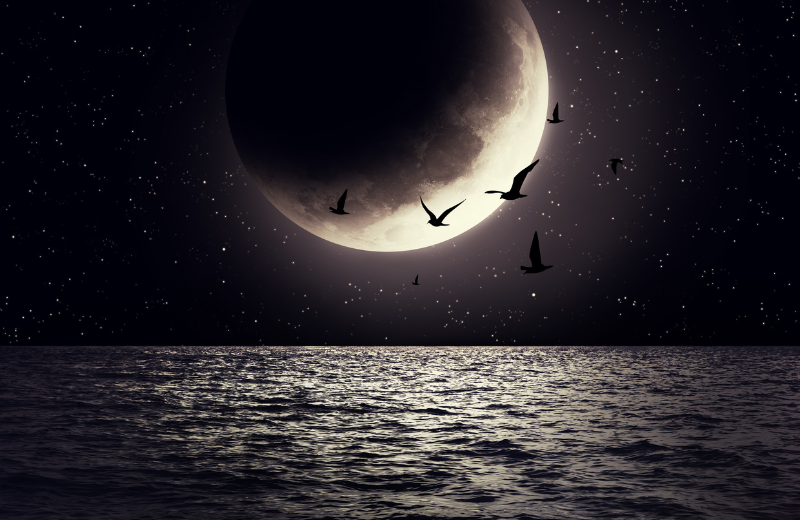
The waxing moon occurs as the moon gradually moves from new to full, increasing in light. This phase brings a sense of growth and forward momentum, but it may also influence how you sleep.
- Sleep Quality: As the moon gains light, some people may notice an increase in energy levels. This can make it difficult to relax at night, leading to more fragmented or lighter sleep. You might feel more productive or motivated, which isn’t always helpful when you’re trying to rest.
- Dreams: Dreams during the waxing moon are often goal-oriented and energetic. They might reflect your waking ambitions or challenges, making them feel vivid and purposeful. This phase is often a time of active dreaming, with themes related to progress and action.
The Full Moon and Sleep
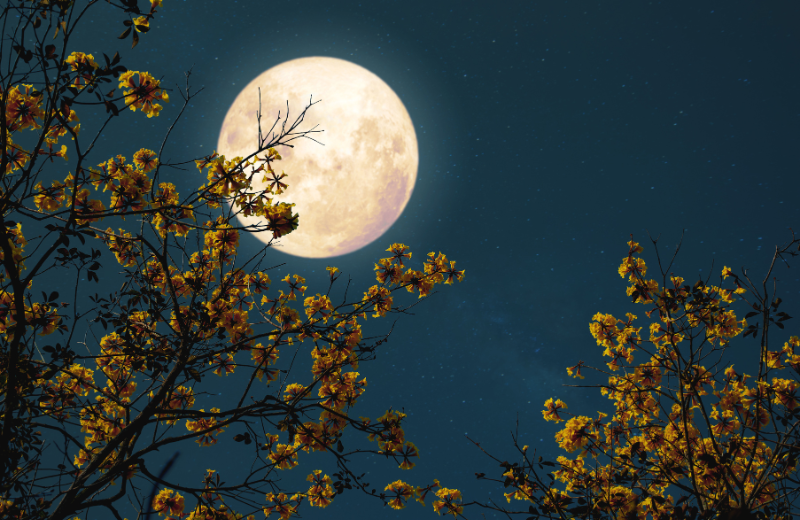
The full moon is the most well-known phase for sleep disturbances. Its brightness and energy are said to be at their peak, and many people report experiencing insomnia, restless nights, or vivid dreams.
- Sleep Quality: The full moon has been linked to decreased deep sleep, longer times to fall asleep, and reduced melatonin production. Even if you’re unaware of the moon’s presence, it may still affect your body. You might find yourself waking up frequently or feeling restless, which can lead to fatigue the following day.
- Dreams: Full moon dreams are often intense, emotional, or even unsettling. This phase may amplify your feelings and subconscious thoughts, leading to vivid dreams or even nightmares. If you find yourself having strange or anxiety-inducing dreams, the full moon’s energy could be to blame. People who are spiritually sensitive or empaths may feel this phase most acutely, as they can be more receptive to the heightened lunar energy.
Why do I feel more tired after a full moon?
You might feel more tired after a full moon due to disrupted sleep patterns. The full moon has been associated with reduced deep sleep and increased wakefulness, which can lead to feelings of fatigue the next day. The bright moonlight and heightened lunar energy may impact your body’s natural sleep cycle, making it harder to get a restorative night's rest.
Can a full moon cause anxiety?
The full moon is often linked to heightened emotions, and some people report feeling more anxious or unsettled during this time. The moon’s energy may amplify existing emotions, leading to increased anxiety. Additionally, if you’re already sensitive to changes in your environment, the full moon’s brightness and energy might contribute to feelings of restlessness or nervousness.
Why do I wake up at 3 AM on a full moon?
Waking up around 3 AM on a full moon night is a common experience for some. This may be due to the moon’s impact on your circadian rhythm, causing disruptions in your sleep cycle. Spiritually, waking up at this time is often thought to indicate a period of heightened intuition or connection to lunar energy, especially if you’re sensitive to the moon’s phases.
How does a full moon affect females specifically?
Some women feel a deep connection to the lunar cycle, as the menstrual cycle often aligns closely with the moon’s phases. The full moon’s energy may amplify emotions, mood swings, or physical sensations, making it more challenging to rest. While scientific evidence is still being studied, many women report noticing distinct changes in their energy levels, sleep quality, and emotions around the full moon.
Why do empaths have trouble sleeping during a full moon?
Empaths, who are highly sensitive to the emotions and energies around them, may struggle to sleep during a full moon. The full moon is said to magnify emotional energy, making empaths feel more overwhelmed or overstimulated. This can lead to difficulty relaxing and falling asleep, as they might feel more in tune with the heightened intensity of the moon’s presence.
Why do I have bad dreams when it’s a full moon?
The full moon’s energy may influence the intensity and emotional content of your dreams. Many people report having vivid or unsettling dreams during this phase. The full moon is thought to bring unresolved feelings or anxieties to the surface, which might manifest in the form of nightmares or emotionally charged dreams. This could be a way for your subconscious mind to process heightened emotions.
The Waning Moon and Sleep
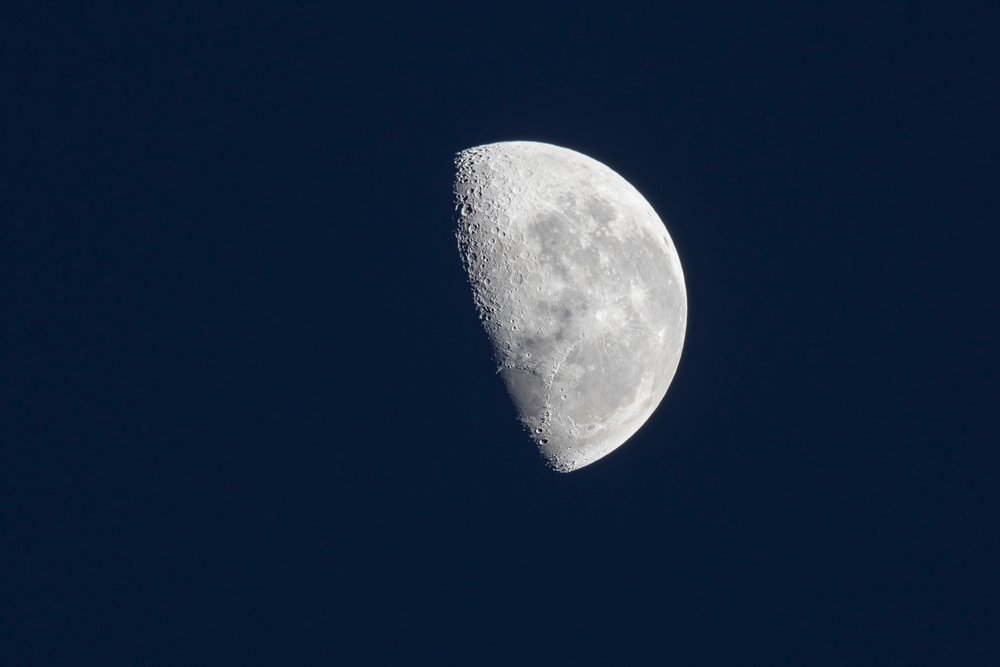
The waning moon follows the full moon and gradually decreases in light, moving towards the new moon. This phase is a time of release and reflection, which might impact your sleep in a different way.
- Sleep Quality: As the moon’s energy fades, many people find it easier to fall asleep and experience deeper rest. The waning moon can bring a sense of relief and calm, allowing you to let go of what no longer serves you. It’s often a period of unwinding and reflection, which can improve sleep quality.
- Dreams: Dreams during the waning moon may focus on closure, letting go, or processing emotions. They tend to be more contemplative and less intense than those during the full moon. This phase is ideal for reflecting on past experiences and finding resolution, which might manifest in your dreams.
Why do some people sleep better during the waning moon?
The waning moon is a time of release and letting go, which can promote a sense of calm and relaxation. As the moon’s energy decreases, many people feel more at ease and are able to experience deeper, more restful sleep. The waning phase encourages reflection and winding down, which may align better with the body’s need to rest and restore.
Can the Moon Affect Your Body?
While the idea of the moon influencing human bodies might sound mystical, there’s a scientific basis for it. The gravitational pull of the moon is strong enough to move entire oceans, so it’s plausible that it could also affect the fluids in our bodies. Whether this impact is significant enough to alter sleep and dreams is still a subject of ongoing research, but many people claim to feel its effects.
Recommended for you!
Best SellersPractical Tips for Better Sleep During a Full Moon
If you find the full moon affecting your sleep, here are a few strategies that might help:
- Block Out Moonlight: Heavy curtains or a sleep mask can help reduce the brightness of the moon and create a more restful environment.
- Practice Relaxation Techniques: Deep breathing, meditation, or gentle stretching can calm your mind and body before bed.
- Stay Grounded: If you’re spiritually sensitive, grounding exercises like walking barefoot on the earth can help balance lunar energy.
- Create a Sleep Routine: Sticking to a consistent bedtime routine can help counteract the moon’s disruptive effects.
Study Moon Magic for £29
If you’re fascinated by the moon’s impact on your well-being and want to learn more, consider exploring the Moon Magic Diploma Course with Centre of Excellence. Available now for a special price of £29, this course will guide you through the moon’s cycles and teach you how to harness lunar energy to improve your life.


